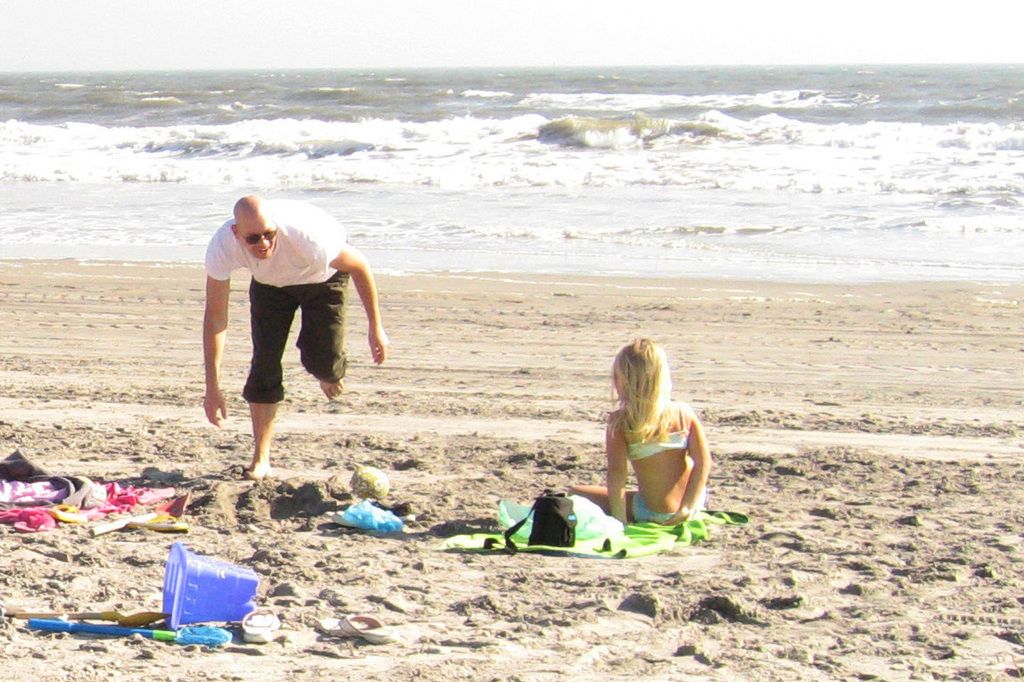MIT Pupils Forge Relationships with Black and Indigenous Brazilians for Cultural and Environmental Studies
In January 2024, MIT students will jet-set to sunny São Paulo, Brazil, for the three-week course WGS.247/21L.592 (Race, Place, and Modernity in the Americas). This collaboration between the School of Humanities, Arts, and Social Sciences' Women's and Gender Studies, Literature, and Writing programs delves into the artistic, activist, and intellectual prowess of Black and Indigenous writers, artists, and filmmakers in the Americas.:
Joaquin Terrones '99, a seasoned lecturer in literature and gender studies, masterminded this transformative course. Inspired by the passion to provide students with a hands-on, unforgettable cultural experience, he designed the course to immerse them in the illustrious Brazilian culture, art, and activism for an authentic taste of its essence.
Enriched by the Higher Education Innovation grant from the MIT Jameel World Education Lab (J-WEL), the Office of Minority Education, and MindHandHeart, the course flourished into a full-throttle Women's and Gender Studies, Literature, and Writing course during Massachusetts Institute of Technology's (MIT) Independent Activities Period (IAP).
Helen Elaine Lee, a renowned professor from MIT's Comparative Media Studies/Writing program, co-taught the debut of the subject, sharing her expertise on utilizing creative practices to tackle social justice concerns. Students from across MIT's five schools, predominantly Black, Latino, LGBTQ+, and first-generation college students, have enthusiastically enrolled. This outreach is pivotal, considering the underrepresentation of these groups in conventional study abroad programs.
Fasten your seatbelts, this ain't no Brazilian beach vacation:
Although the idea of spending three weeks in South America during January might seem like a cushy vacation, this course is far from it. Packing a semester's worth of material into a short span, students attend morning seminar-style discussions, jet off to field trips in the afternoon, and catch up on readings or screenings back at their residences in the evening.
Tamea Cobb, a senior double majoring in chemical engineering and literature, experienced a profound epiphany during the Rio trip. "That was the day I witnessed a man practicing capoeira, an Afro-Brazilian martial art disguised as dance by enslaved Africans forbidden from practicing martial arts. It was surreal, as we had just delved into capoeira the previous week."
Beyond São Paulo and Rio, students also orchestrate their own weekend adventures to destinations such as Salvador, the heart of Afro-Brazilian culture, and Inhotim, a sprawling open-air art museum and botanical garden nestled in the Atlantic Forest.
So long, Brazil, until next year:
The impact of the course reverberates long after students return to campus. Afura N. Taylor '21, double major in physics and writing, testified, "This course gave me a deeper understanding of the interconnectedness of African experiences in the Americas, influencing my writing by providing examples of literature and cultural practices that center ancestral memory."
The course's success has sparked innovation, with two new IAP subjects springing up in Brazil this year: 21G.S07 (Language Conversation and Brazilian Culture) by Nilma Dominique from the Global Languages section, and 10.496/1.096 (Design of Sustainable Polymer Systems in the Amazon) by Professor Bradley Olsen in the Department of Chemical Engineering.
When asked what sets this course apart, Professor Lee mused, "There's an extraordinary power that surges from rigorous discussions of provocative texts and films that contest mainstream assumptions about history and politics, along with immersive cultural experiences that enlighten, expanding and empowering students who often feel alienated and secluded on MIT's campus."
She continued, "In addition to deepening my intellectual and political understanding, this class offered me a profound experience of ancestral recovery that ignited my artistic spirit. For our Black, Latinx, and LGBTQ+ students, it was a liberating experience of community. A re-education. A cultural and personal homecoming."
- The MIT students, embarking on the WGS.247/21L.592 course, will traverse the classroom in search of insights about Race, Place, and Modernity in the Americas.
- The approach of this course extends beyond the lecture halls, giving students an opportunity to engage with the vibrant culture, art, and activism of Brazil, a space where learning and personal development flourish.
- Recognizing the necessary contribution of diversity and inclusion, the course fosters a supportive environment for students from varying backgrounds, including undergraduate students, engineers, and graduate students in science, research, and arts.
- Precision and passion infuse the lectures as Joaquin Terrones '99, a seasoned scholar in literature and gender studies, leads the students through a curriculum that forges connections between education and self-development.
- In the bustling city of São Paulo, the students will collaborate with Black and Indigenous writers, artists, and filmmakers, experiencing firsthand the climate of creativity and innovation that characterizes modern Brazil.
- The teachings resonate beyond the classroom, shaping the students' perspectives on culture, lifestyle, and the role of education in addressing social justice issues.
- By the end of the course, students may find their own stories interwoven with the narratives of the artists and activists they encounter, as the threads of history, culture, and identity intertwine.
- The course offers a unique opportunity for self-discovery, with experiences like Tamea Cobb's realization of the historical significance of capoeira serving as catalysts for personal growth.
- As the class embarks on weekend adventures to destinations like Salvador and Inhotim, they will absorb the cultural richness of Brazil, enriching their understanding of the environment in which they are immersed.
- The impact of the course reaches far beyond the three weeks spent in São Paulo, forging long-lasting effects on the students' academic pursuits and personal lives, illustrating the power of education in fostering connections and inspiring change.




